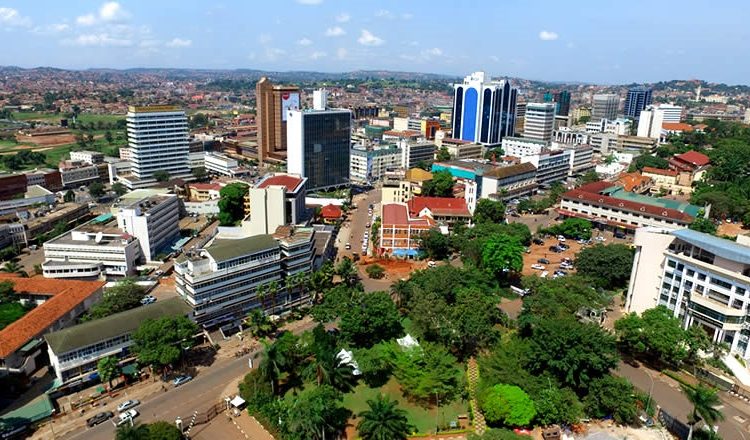
The dispute between the Civil Real Estate Company SCI Bonanjo and its former tenant, the Douala Urban Community (CUD), remains unresolved amid ongoing accusations of bad faith and legal breaches.
SCI Bonanjo, a growing real estate company, has publicly appealed for intervention as the CUD continues to occupy its building without settling rental payments or fulfilling contractual obligations.
The saga began on September 4, 2021, when SCI Bonanjo and the CUD signed a lease for a property comprising a basement, ground floor, and seven additional floors. While the CUD immediately moved its offices into the premises, rental payments have since been irregular, sporadic, or in some periods, entirely absent.
SCI Bonanjo representatives voice frustration: “They never respect the conditions of the contracts that they themselves set.” Despite repeated promises to vacate the building, the CUD has failed to do so. This persistent non-compliance raises questions about the institution’s respect for legal and fiscal responsibilities, especially troubling given its role as a sovereign public entity.
Further compounding the situation, SCI Bonanjo has maintained a compliant tax record to meet CUD’s own stringent requirements, yet the urban community has neglected key commitments — including timely rent payments, insurance coverage, building maintenance, and necessary utility meter replacements.
A memorandum of understanding signed in August 2023 required the CUD to clear its arrears and leave the premises by December 31, 2024. However, a January 2025 press release from the CUD attributed the delay to ongoing work on their new headquarters and promised to vacate the building during the first half of 2025 while settling outstanding rent. To date, neither the eviction nor the payments have been fulfilled.
At mid-2025, the building remains unlawfully occupied with unpaid rents mounting. SCI Bonanjo has since sought the intervention of the governor of the Littoral region, Dieudonné Ivaha Diboua, calling for state arbitration to enforce the rule of law and end what it describes as “a game of administrative hide-and-seek.”
The case highlights the tension between public institutions and private enterprises in Cameroon and raises concerns about accountability when legal commitments are ignored by bodies entrusted with governance.



